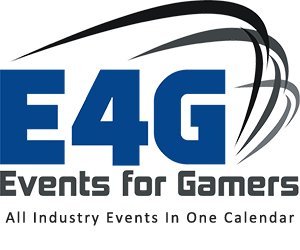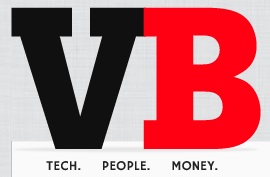From VentureBeat with Kate Edwards: After the International Game Developers Association announced our renewed focus on crunch time at GDC 2016, including ensuring fair compensation for the persistent practice in our industry, a new dialogue has resulted around whether or not crunch time is truly a “problem” and the role it plays in the game industry’s creative process.
Without a doubt, crunch time has a long legacy in the game industry. But the reality is crunch times are common in many creative media, including games, film, television, literature, and so forth. Part of the inherent nature of creative works is that they’re never truly complete (in fact the notion of a “content complete” date often remains a running joke). Creative works reach a point of sufficient release because they’re typically tied to a specific date that dictates all the related machinery around the work’s launch (such as marketing campaigns). In many cases, the creative project gets extended in some form – such as director’s cuts of films, downloadable content in games, sequels to books, and so on. So we have to accept the reality that as another art form, games are not immune to experiencing that final push to achieve the best possible vision of the creative work.
However, the strong exception must be made when that final push isn’t final at all; it becomes a persistent method for normal working conditions — as has been the case in the game industry for far too long. While some try to wrongly justify this approach as a test of true dedication to game development, or worse, glorify it as an honorable and effective way to create game content, the reality is extended periods of crunch for weeks or months are a proven case of diminishing returns.
Condoning unrelenting, ongoing, uncompensated crunch as some form of positive value for the game industry is an antiquated notion, and it continues to harm the industry’s image and its capability to attract top talent, who now have many other tech-oriented options to choose from. My hope is that by highlighting this issue, we’ll see more companies rethink their approach to crunching and realize the importance of valuing the people who work for them as creative professionals and human beings and not just easily replaceable cogs in a machine.
Read more at VentureBeat.com



